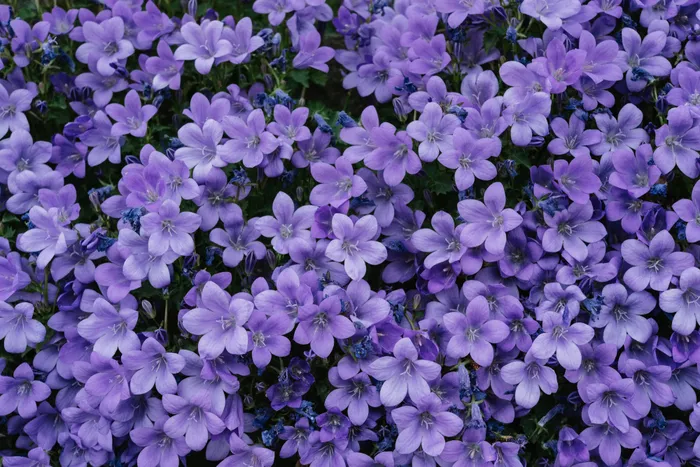
International demand, particularly from Asian markets, is driving trade in precious South African flora.
Image: Supplied
The Democratic Alliance (DA) in the Western Cape has raised alarms over an escalating crisis within the region: the poaching of Clivia mirabilis, a critically endangered plant species endemic to the Succulent Karoo and Cape Floristic Region. Recent parliamentary disclosures showcased a distressing surge, revealing at least 70 unlawful incursions in the Oorlogskloof Nature Reserve alongside eight more incidents in the nearby Koebee/Klein Kobee area over a mere span of three months.
In response to this urgent threat, CapeNature has arrested 49 individuals since April 2024, half of whom are illegal foreign nationals involved in these nefarious activities. Over 2,400 poached plants have been seized, highlighting the scale of this illicit trade that spans finance routes across more than 170 countries. The implications of poaching extend far beyond the rarity of Clivia mirabilis; they pose significant threats to the ecosystems that support rural livelihoods, maintain water security, and sustain the thriving eco-tourism sector.
As the Western Cape occupies a crucial nexus of two global biodiversity hotspots—the Cape Floristic Region and the Succulent Karoo—protecting species like Clivia mirabilis is essential to preserving the intricate ecological balance. Organised poaching syndicates jeopardise not only endangered plant species but the entire resilience of local landscapes.
Despite facing significant resource limitations, CapeNature has responded with commendable resilience. Through a collaborative spirit, they have partnered with the South African Police Service (SAPS), provincial and national departments, and non-governmental organisations (NGOs), working diligently to disrupt criminal activities. Noteworthy initiatives such as joint operations, a Licence Plate Recognition network in rural areas, and an interprovincial task team have enhanced efforts to combat environmental crime effectively.
“Clivia poaching is more than the loss of a single plant; it is about the theft of our natural heritage and the erosion of ecosystems that sustain our communities,” stated Dave Bryant MPP, DA Western Cape Spokesperson on Local Government, Environmental Affairs and Development Planning. He emphasised the ongoing need for substantial investment, stronger national coordination, and accountability to face the scale of this challenge. “The DA will continue to fight for the resources and partnerships needed to protect our biodiversity for generations to come.”
This follows the conviction of four foreign nationals in July, implicated in a major poaching case that was welcomed by the Calvinia Regional Court. The accused were sentenced to 15 years of direct imprisonment for illegally harvesting 303 specimens of Clivia mirabilis, valued at up to R30 million in the black market. These individuals were apprehended on 20 April 2024, with their actions posing a significant disruption to the ecosystems that are already vulnerable.
Minister of Forestry, Fisheries and the Environment, Dr Dion George, at the time lauded the swift justice delivered and noted that these ongoing battles against poaching reflect a broader trend of organised criminal syndicates increasingly targeting South Africa’s rare flora, driven by high international demand, especially within Asian markets.
“This conviction is a critical milestone in our fight against environmental crime,” said Dr George. “It sends a clear message: those who profit from exploiting our natural heritage will face serious consequences.” He reiterated the commitment of the Department of Forestry, Fisheries and the Environment (DFFE) to continue bolstering enforcement and forging international partnerships to stem the illegal trade.
Not only are our clivias under threat from poaching, but the illegal succulent plant trade is the most pervasive wildlife crime in the Western Cape. A shocking 52% of South Africa's flora species are found in this province, attracting traffickers looking to exploit the natural treasures that exist exclusively within its borders.
According to the 2023 State of Biodiversity Report, there has been a considerable increase in succulent poaching and trafficking incidents over the past five years, with trafficked species constituting 54% of all registered cases in 2022/23. The disturbing trend highlights the need for wider community involvement and vigilance, as less than 25% of these illegal trade activities are intercepted by law enforcement.
Globally, wildlife crime ranks as the second greatest threat to species loss, trailing only environmental destruction. The urgent call is to safeguard Clivia mirabilis and to ensure the survival of South Africa's natural heritage for future generations.